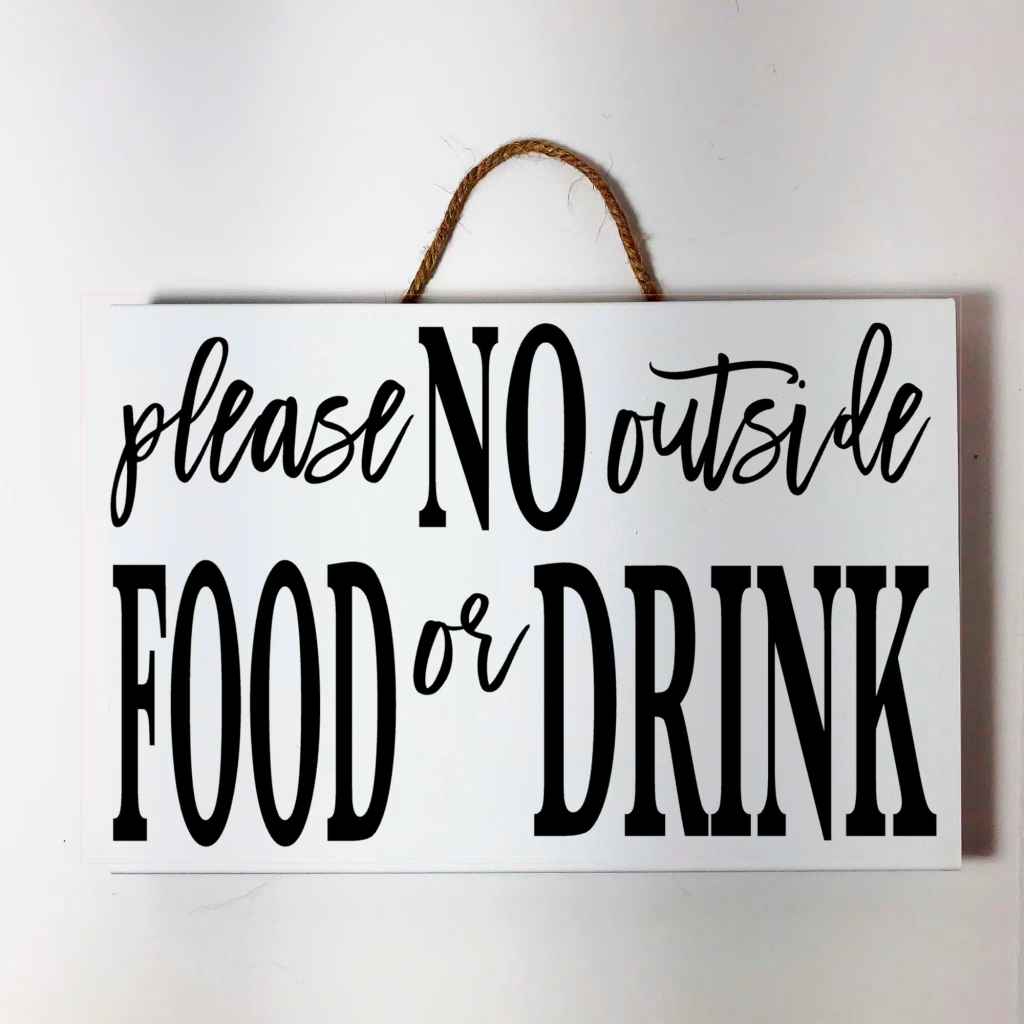Is It Legal to Bring Outside Food into a Restaurant? Legal Implications and Real-Life Incidents.
The question of whether it is legal to bring outside food into a restaurant can stir debate. While many restaurants have strict policies prohibiting outside food for various reasons, including health and safety concerns, there are situations where exceptions may arise.
This article delves into the legal aspects of bringing outside food into restaurants, explores the reasons behind the policies, and reviews real-life cases where outside food became a point of contention.
Restaurant Policies on Outside Food
Most restaurants, especially those with established dining environments, discourage customers from bringing food from outside sources. The primary reasons include:
- Health and Safety Regulations: Many restaurants are required to follow local health codes, which prohibit the handling of food not prepared or approved by licensed kitchens.
- Liability Concerns: Restaurants may be concerned about the potential risks associated with serving food that hasn’t been properly stored or prepared, which could result in foodborne illnesses.
- Revenue Impact: Allowing outside food could reduce the restaurant's profits, especially if customers are bringing their own meals instead of ordering from the menu.
However, restaurants may make exceptions, particularly for special events like birthdays or when dealing with dietary restrictions, but this is ultimately at their discretion.
Real Cases and Legal Precedents
Here are some real-life incidents where bringing outside food into a restaurant led to conflicts, offering insights into the complex nature of these situations.
1. Case Involving Outside Food Due to Food Allergies (Florida, 2019)
In 2019, a family at Café Tu Tu Tango in Orlando, Florida, faced a dispute with the restaurant over bringing in food due to a severe peanut allergy.
The family had a child with a life-threatening allergy and wanted to ensure safety by bringing their own food. The restaurant refused, citing its no-outside-food policy, but the family argued that they should be allowed to bring in food for safety reasons.
Although the incident wasn’t litigated, it raised concerns about the balance between restaurant policy and public health, especially regarding food allergies.
2. Case Involving Birthday Cake Refusal (New York City, 2020)
In 2020, The Smith, a well-known restaurant in New York City, gained media attention when a mother was denied permission to bring a birthday cake for her child.
The mother’s request was rejected based on the restaurant’s policy against outside food, despite it being a special occasion. The incident was widely discussed online, with many people sympathizing with the mother, and some arguing that restaurants should allow such exceptions for celebrations.
This case highlighted the tension between business interests and customer expectations, especially in social settings like birthdays.
3. Incident in California Restaurant (2018)
In 2018, a family in Santa Monica, California, had an altercation with staff at the Palms Restaurant when they attempted to bring food for their baby, who had severe dietary restrictions.
The restaurant refused, citing health codes, but the family felt that there should have been an exception in their case. The restaurant eventually apologized after public outcry.
While no lawsuit was filed, the incident led to broader conversations on how restaurants should accommodate special health concerns while enforcing policies about outside food.
4. The Case of The Outback Steakhouse (Georgia, 2017)
A well-known case occurred in 2017 when a couple attempted to bring a birthday cake into an Outback Steakhouse in Georgia.
They were asked to leave after refusing to comply with the restaurant's “no outside food” policy. The incident sparked a public debate, as many believed the restaurant should have made an exception for the special occasion.
While no legal action was taken, the case garnered significant media attention, and Outback Steakhouse eventually released a statement affirming their policy while promising to review it to improve customer satisfaction.
Is It Legal? What to Know About Outside Food Policies
From a legal standpoint, the majority of restaurants have the right to enforce their own policies on outside food, provided these policies don’t violate anti-discrimination laws or other applicable health regulations.
This means that, in most cases, bringing outside food to a restaurant is not illegal, but it is often prohibited by the establishment.
Customer rights may be protected in situations where dietary restrictions, health concerns, or allergies are at play. However, legal action is rare, and most disputes are handled via customer service or internal policies rather than in court.
What You Can Do
If you find yourself in a situation where you need to bring outside food into a restaurant (whether for a health issue, dietary restriction, or celebration), consider the following steps:
- Ask for Permission First: Always call ahead to inquire whether the restaurant can accommodate your request. Some may offer more flexibility than others.
- Explain the Situation: If you have a medical condition, such as food allergies, explain your needs respectfully. Many restaurants will work with customers in these cases.
- Seek Alternatives: If the restaurant does not allow outside food, consider bringing in your own snacks or food and eat before or after the meal to avoid conflict.
While restaurants typically prohibit outside food, real-life incidents like those at Café Tu Tu Tango, The Smith, and Outback Steakhouse demonstrate that policies can sometimes clash with special customer needs or occasions.
If you encounter a situation involving outside food, it’s always best to communicate your needs politely and explore potential exceptions.
Ultimately, restaurants have the right to enforce their policies, but customer needs, particularly health-related ones, may prompt some establishments to make reasonable exceptions.
The balance between maintaining business interests and accommodating customer requirements continues to be an area of interest, especially as more consumers prioritize health concerns and dietary restrictions.





















